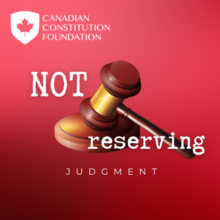It’s a little bit rich for me when I hear the Alberta Government invoke the constitution to explain why the new NDP-Green coalition government in BC cannot block a federally approved pipeline.
The Alberta government is only a friend of convenience when it comes to the constitution. It shouldn’t be surprising that when the constitution supports a position the government favours, the regime in Edmonton dusts off its copies of the Constitution Act, 1867 and becomes its most vocal champion. Yet, if the constitution undermines a pet policy, the government fights tooth and nail to deny its constitutional obligations. A cynic would say this is just politics as usual, but it still smacks of hypocrisy.
Regarding the pipeline, Premier Notley is correct. Our constitution does grant exclusive jurisdiction over these sorts of interprovincial works to the federal government. Provinces only have jurisdiction over infrastructure projects when they are a local work or undertaking, wholly within the province. Kinder Morgan’s Trans Mountain pipeline expansion is not a purely local or private matter and is therefore outside the competency of a provincial government. The BC government should not be able to thwart it.
This division of powers policy was incorporated into sections 91 and 92 of our original constitution in 1867 so that no provincial government could extend its provincial authority beyond its borders and hold hostage the best interests of the country. Those responsible for drafting the constitution recognized that only parliament is in a suitable position to determine what is good for the entire nation, and thus parliament was given exclusive authority to approve or disapprove interprovincial works, like pipelines.
One of the other economic issues considered by the framers in the debates leading up to 1867 was how best to create a unified dominion—economic and otherwise—between provinces with widely diverse resources and industries. This motivated the framers to include a free trade clause in the Constitution Act, 1867.
Drawing on their difficult experience of free trade with America under the Reciprocity Treaty of 1854, the framers reasoned that an issue of national importance and for the general good, like interprovincial trade, could not be left up to any provincial government or even to the federal government, which at the time was susceptible to capture by powerful Upper and Lower Canadian interests at the expense of the Atlantic provinces. Unless free trade was guaranteed explicitly in the constitution, Canada risk becoming Balkanized as politicians sought to favour local pet interests at the expense of the rest of the nation.
The framers understood all this 150 years ago and purposefully drafted section 121 to say that all articles of growth, manufacture and produce were to be “admitted free” between provinces.
Since October 2015, Alberta has been violating section 121 by maintaining unconstitutional barriers to importing craft beer. First, the province introduced a discriminatory tax intended to shield the local brewing industry from competition. This unconstitutional tax was then replaced with an equally unconstitutional tax-and-rebate scheme in the summer of 2016, after the government faced legal challenges from Ontario’s Steam Whistle Brewing and Calgary-based craft beer importer Artisan Ales.
On Thursday, June 1, Artisan Ales argued before a panel of trade experts in Edmonton that Alberta is violating the Agreement on Internal Trade by discriminating against the Canadian products this small Calgary business brings into the province. During oral arguments, legal counsel for Alberta admitted that the province’s original October 2015 discriminatory tax violated the AIT.
Steam Whistle—now joined by Saskatchewan’s Great Western Brewing—will have its day in court later in this month to challenge the constitutionality of Alberta’s discriminatory policies.
Artisan Ales expects a decision from the AIT panel by mid-July. Steam Whistle and Great Western will likely have to wait longer for the Alberta Court of Queen’s Bench to render its decision.
The Alberta government has no qualms about reminding BC that it has no constitutional authority over interprovincial matters, while conveniently ignoring the limits of its own jurisdiction to block interprovincial trade. If the Alberta government were truly a friend of the constitution, it would follow all of it, not just the parts it likes.






